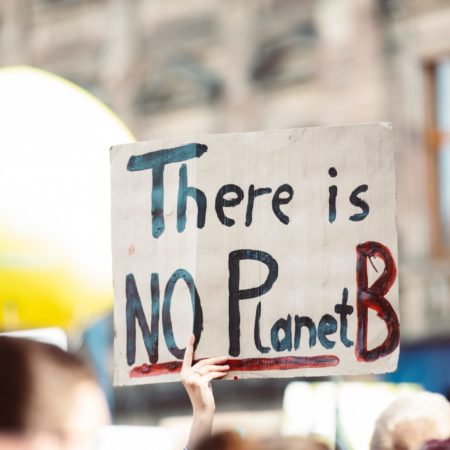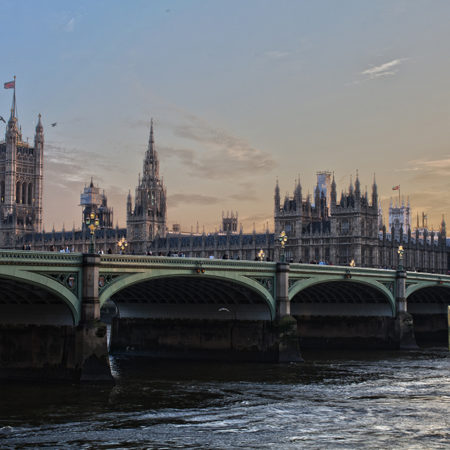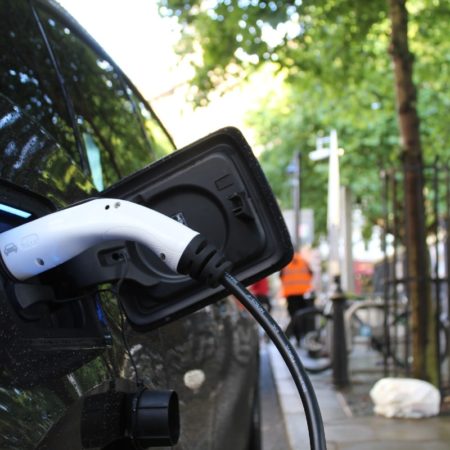More than one-third (702) of the world’s largest publicly traded companies now have net zero targets, a new report finds, but nearly 65% of those targets do not yet meet minimum procedural reporting standards.
The Net Zero Stocktake 2022 report analyses data from the Net Zero Tracker database, which is a “living” data resource updated continuously on a rolling basis.
The analysis also revealed that most countries have now defined a path to net zero, and 91% of global GDP is now captured by national government net zero targets. As countries keep setting – and strengthening – commitments, the spotlight falls on those companies (65%), regions (84%) and cities (80%) that are yet to pledge net zero targets.
Commenting on the report, Dr Takeshi Kuramochi, senior climate policy researcher at NewClimate Institute, said: “We are now at a watershed moment where peer pressure to hastily set net zero pledges, especially in the business sector, could result in either a mass flow of greenwashing – or a fundamental shift towards decarbonisation.
“Those companies, cities and states without a target will likely start to look like the odd ones out and those with targets must expect deeper scrutiny of their pledges.”
Business net zero targets ‘weak’
In contrast to the near-universal coverage of country-level net zero targets, the report finds that the volume and robustness of targets set by non-state actors is alarmingly weak and bound to face increasing scrutiny as UN, national and NGO-led accountability initiatives ramp up. For example, UN Secretary General, António Guterres, recently launched a High-level Expert Group to “develop stronger and clearer standards” for net zero emissions pledges by non-state actors, including businesses, investors, cities and regions, to accelerate implementation.
About half of the 700+ corporate targets are embedded in the companies’ corporate strategy documents or annual reports, while most other companies have only announced—in some cases only their intention to set—net zero targets.
60% of companies that reported emission scopes coverage either only partially cover or do not cover their Scope 3 emissions at all. Only 38% of companies claim to cover all Scope 3 emissions.
The analysis finds that the fossil fuels industry has the second highest percentage of net zero targets (49%) among those industries with more than ten companies in the Forbes 2000 list. The sectors with the third and fourth highest percentages, respectively, are also GHG-intensive: the materials industry (e.g. steel and cement) and transportation services (e.g. airlines and shipping).
Dr. Thomas Hale, Associate Professor at the Blavatnik School of Government, University of Oxford, said: “Science-aligned net zero pathways are now the baseline expectation for countries, companies, cities, and regions. It’s insane that two-thirds of the largest companies have yet to set a target for a transition that is well underway. But given a third now have – and that number has grown substantially – the increasingly glaring omissions raise the question of whether boards and management are doing their jobs.
“We need to shift from voluntary or aspirational pledges to concrete implementation plans with real accountability. For companies, this is already becoming a regulatory requirement in many jurisdictions.”
Increased financial reporting on climate risk, orchestrated by initiatives such as the Taskforce on Climate-related Financial Disclosures (TCFD), is contributing to net zero momentum. In the G7, the UK, France and Germany lead the pack solely on the quantity of corporate net zero targets. The US, however, lies in sixth place, only just ahead of Italy. Crucially, the metrics of quality in corporate targets remain low across the board.























